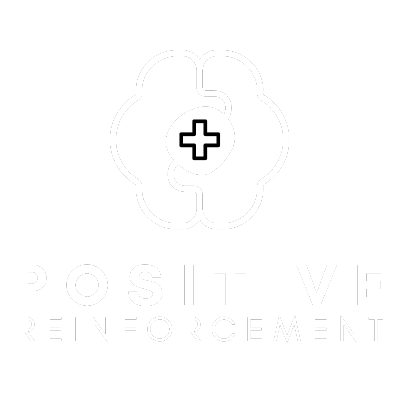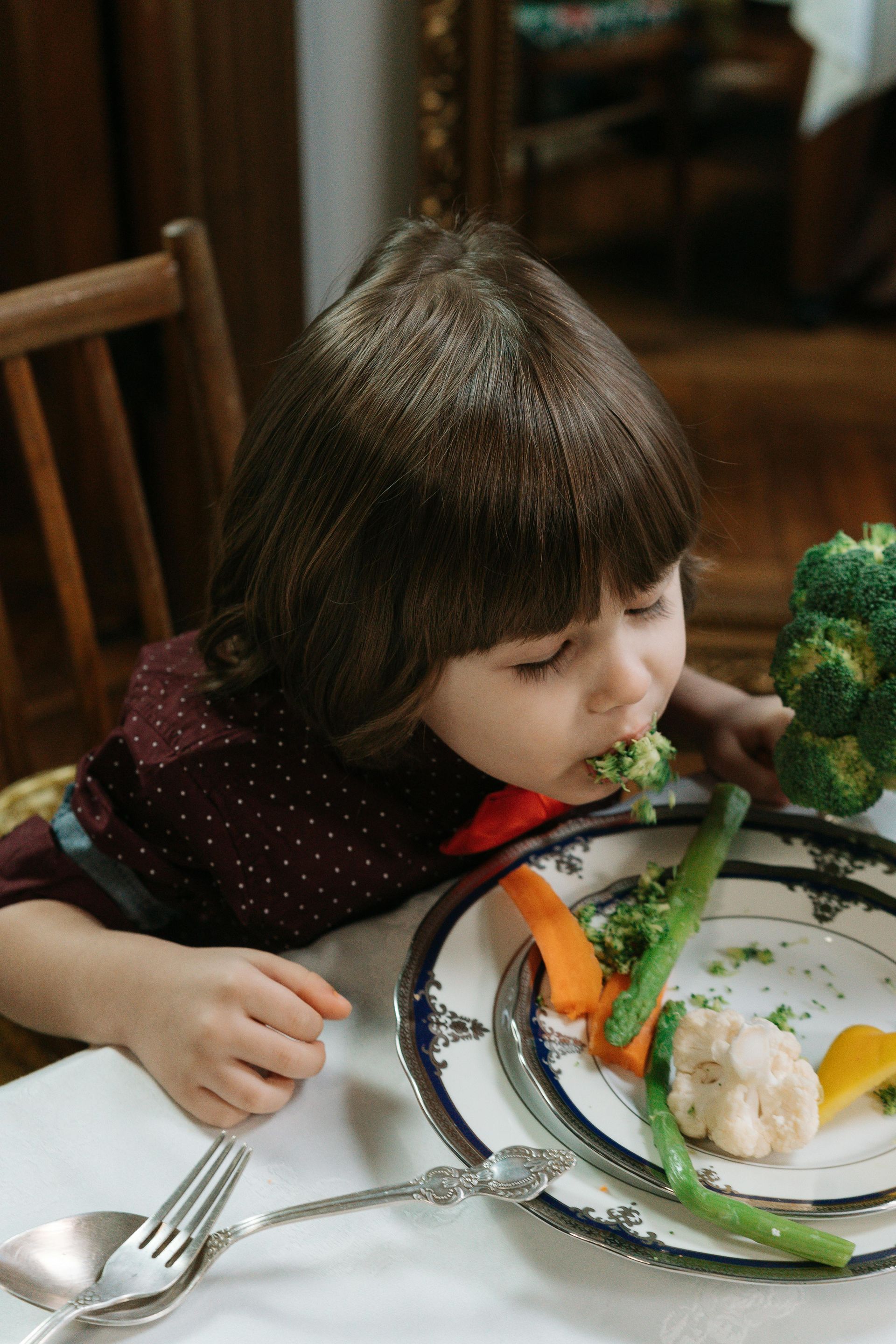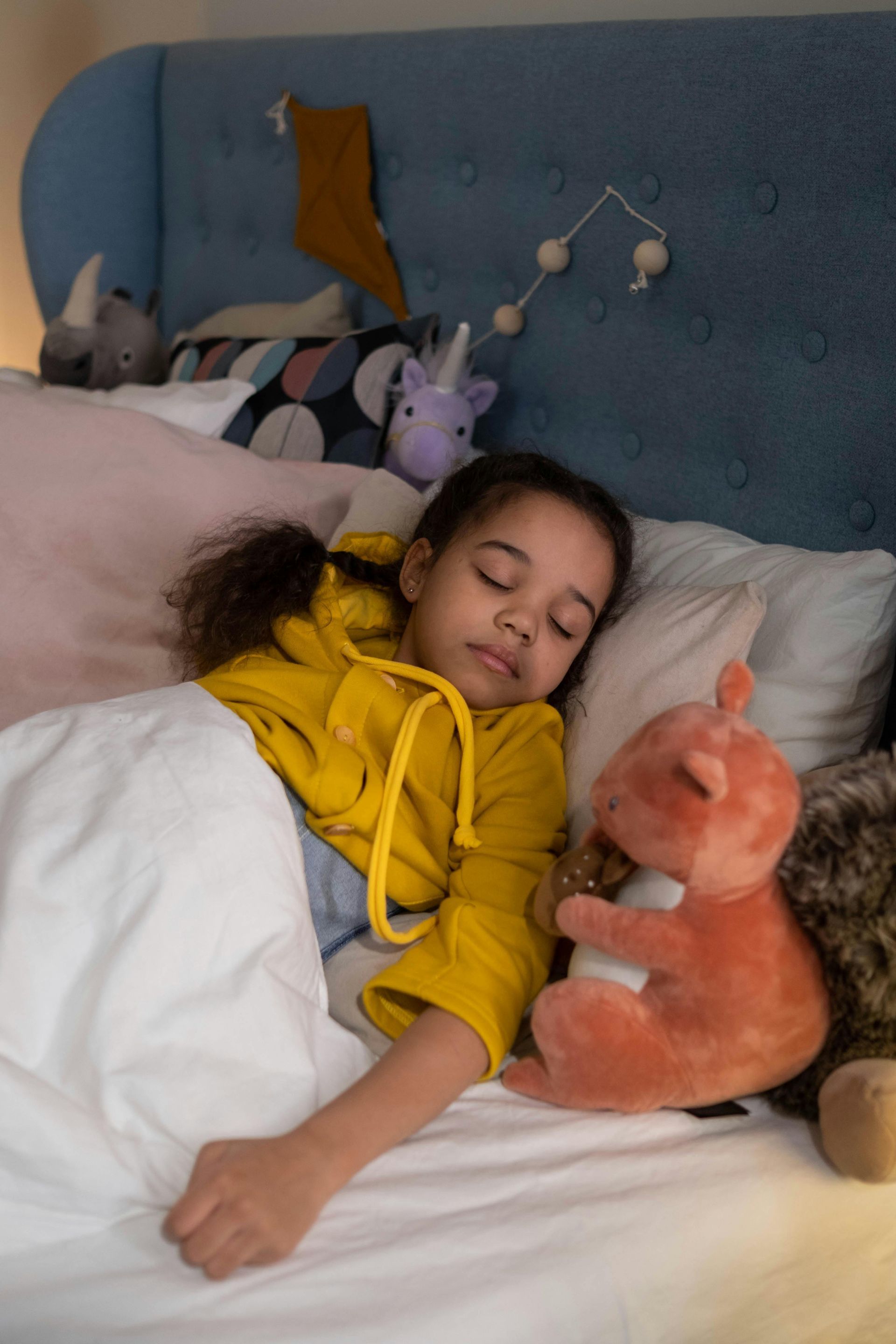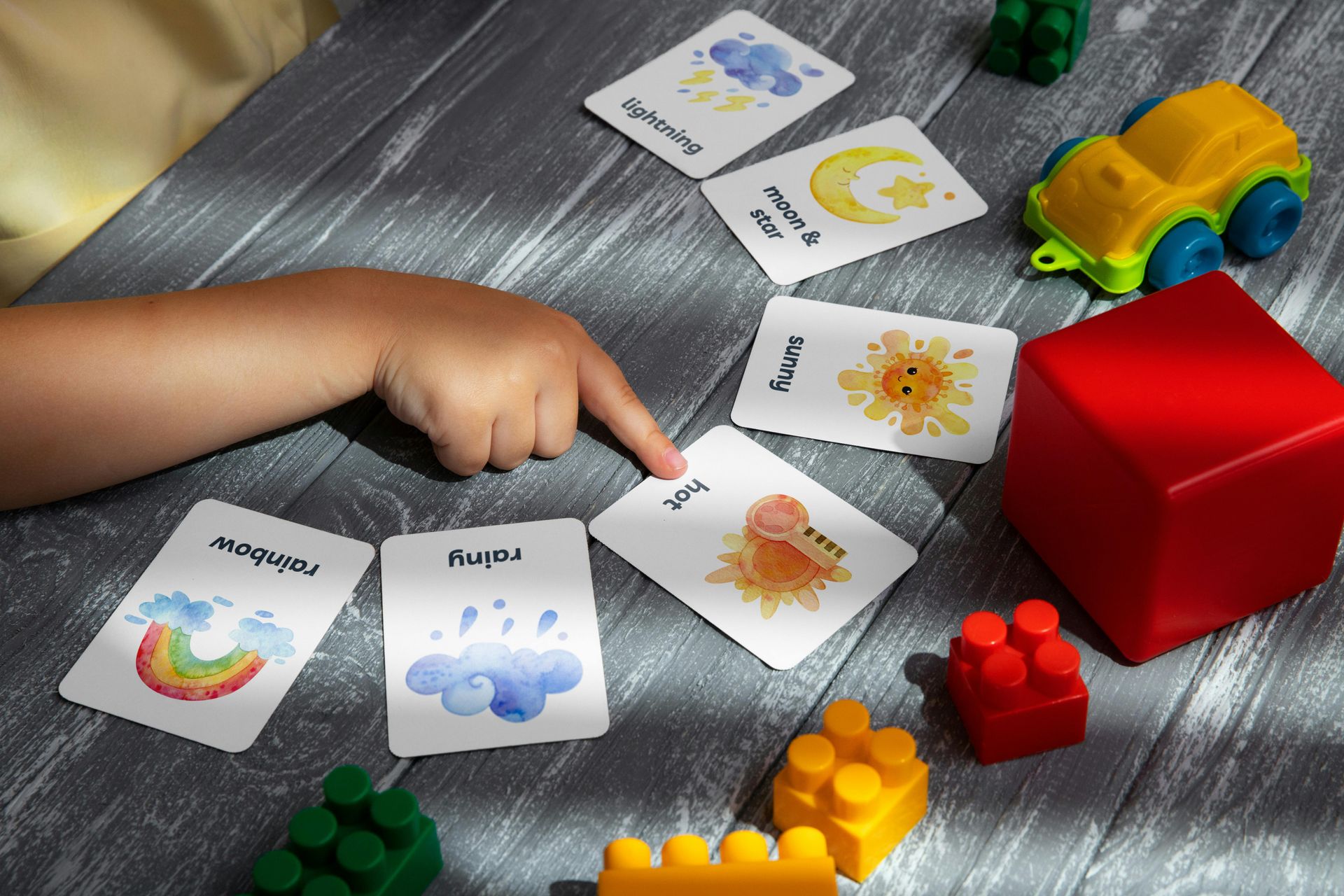Five Quick Tips for Toilet Training
Positive Reinforcement • March 4, 2022
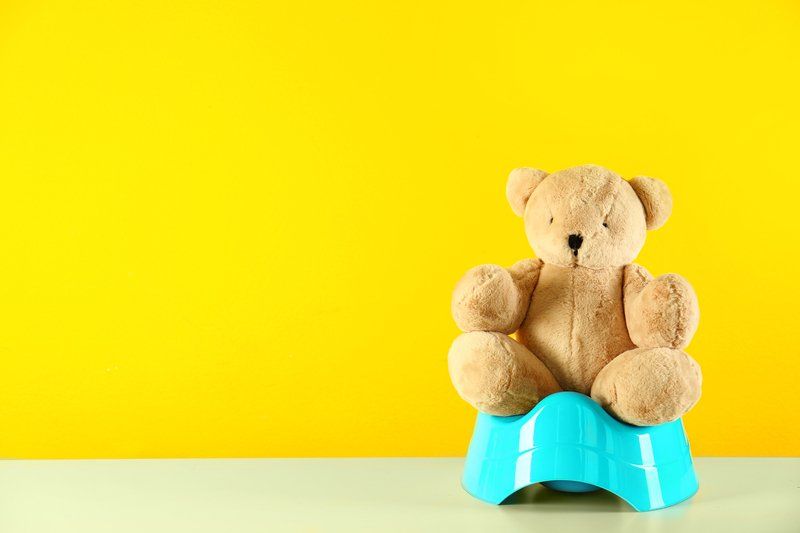
Readiness
For the average child, potty training begins sometime between 22 and 30 months, but every child is unique and age should not be the only factor in determining readiness. Before undertaking the larger task of potty training, a child should be able to do each individual part, including dressing and undressing from the waist down, washing hands, etc. A child also needs to have control of their bowel and bladder muscles. If they can stay dry for hours at a time and generally go on a schedule, this is a good sign.
Schedules
Schedules and timers are a common tool for toilet training. Children on the autism spectrum
can especially benefit from a visual schedule that shows exactly what will be expected. In this way, visual schedules can reduce anxiety and promote independence. Timers are also a great visual for reminding your child—or yourself—that it is time for a potty break.
Reinforcement
Harness the power of positive reinforcement by using tangible rewards and verbal praise each time your child uses the toilet. For best results, choose a reward that is highly-desired by your child and use it only for toilet training purposes. Reinforcement needs to be done immediately to be effective and should continue to be used until the child succeeds in using the toilet consistently.
Underwear
When your child is ready to begin potty training, make the switch to underwear—bonus points for favorite colors or familiar characters your child loves. Resist the urge to transition to pull-ups before regular underwear. Pull-ups are so good at absorbing liquid and drawing it away from the body that your child may not be able to feel that they are wet. They may need to feel the discomfort of wetness in order to associate this with making it to the toilet instead.
Accidents
Go into toilet training with the mindset that accidents happen. Do your best to downplay accidents and their clean up. Sometimes when parents fuss or give undue attention, they inadvertently reinforce accidents, which can lead to a child having accidents for the attention. Remind the child that next time they should ask to use the restroom, but then clean up and move on.
Positive Reinforcement offers ABA therapy in Bluemont, Middleburg, Upperville, Aldie, Chantilly, Manassas, Woodbridge, Winchester, Front Royal, Middletown, Round Hill, Leesburg, Ashburn, Charles Town, Ferguson, Science Hill, Pulaski and More!
..
